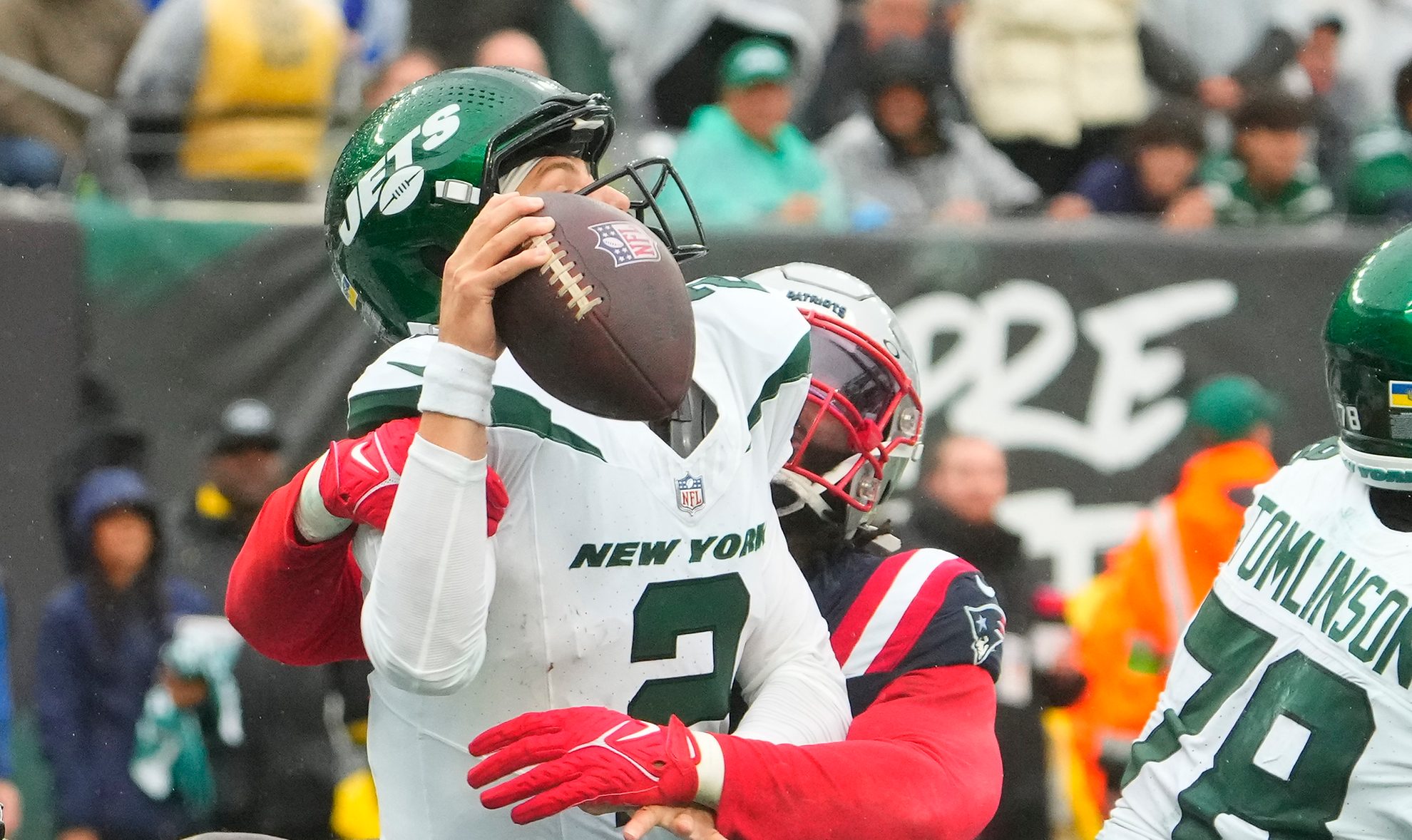Former U.S. Women’s National Team star Abby Wambach and current mid-fielder Megan Rapinoe both publicly announced their intention to donate their brains for CTE research on Tuesday.
The announcement came while the pair spoke at Ohio State University during a discussion on a wide range of topics, according to The Lantern.
Wambach and Rapinoe also went in depth on the topic of sexuality, and learning to be OK with being gay. Both players are out as lesbian, and shared stories and lessons from the journey as prominent, gay athletes. Wambach also said she plans to release a revealing book about her personal struggles and triumphs later this year.
The two soccer stars join former USWNT member Brandi Chastain and a host of other current and former professional athletes in pledging to donate their brains to CTE research. In just the past week, three Oakland Raiders took the pledge following the death and discovery of CTE in teammate Ken Stabler, and NASCAR driver Dale Earnhardt Jr. said he plans to donate his brain as well.
Much has been made about the impact of concussions and CTE on former NFL players, but football is far from the only sport to put its participants at risk of serious head injuries. While they are not at such a constant risk, soccer players are prone to suffering repeated concussions when attempting to head the ball. Not only does impact with the ball itself pose danger, but contact with other players is another serious risk factor in the sport.
Wambach was a player especially known for her prowess at heading the ball and has suffered documented concussions as a result of head-to-ball contact. The pledge from Wambach and her peers, in addition to the data available regarding heading the ball and concussions, should eventually provide researchers with a great glimpse into the tolls soccer takes on the human body.






